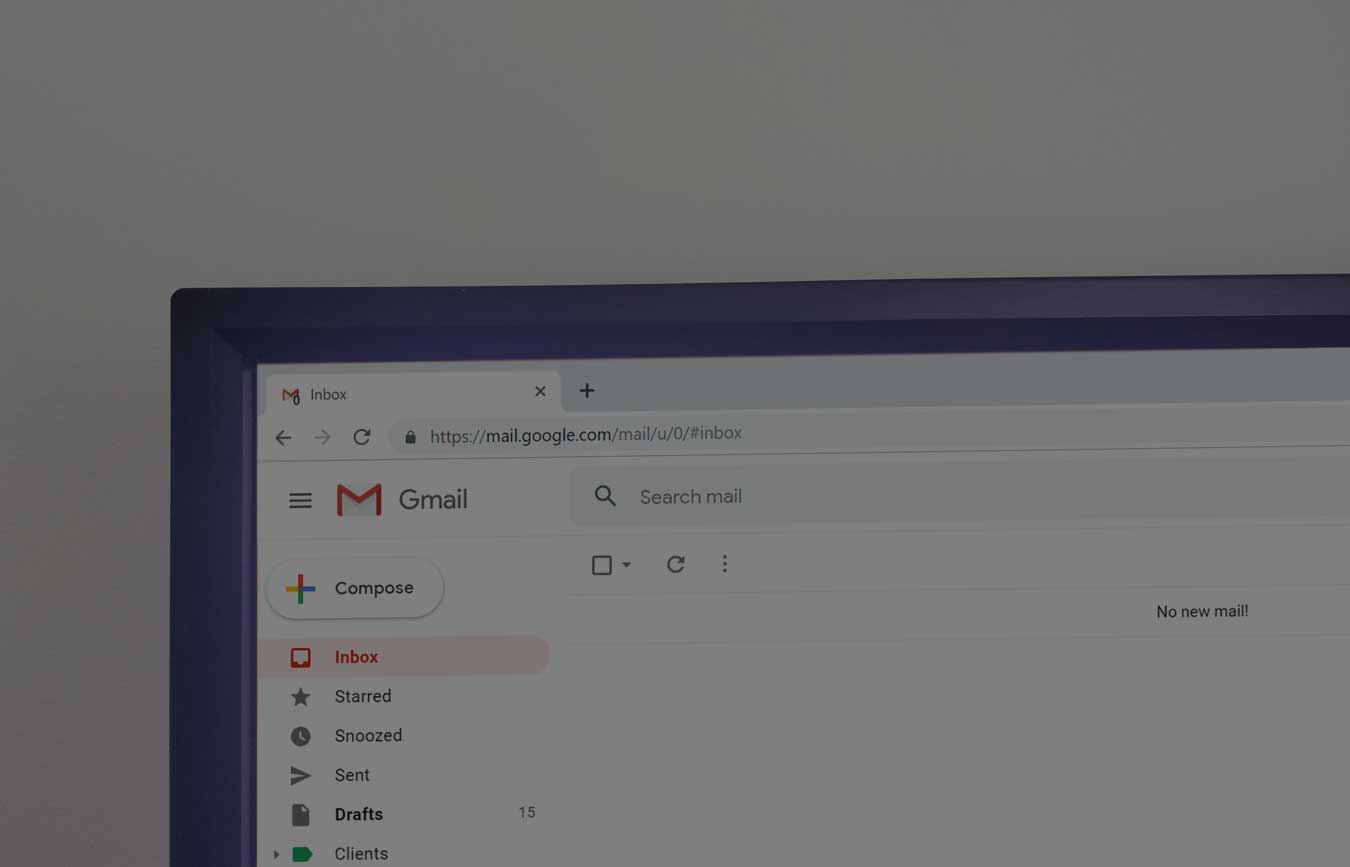
What is E.A.T.?
Expertise, Authoritativeness, Trustworthiness - these are some of the most important aspects Google wants to see from your website and content.
E.A.T. has long been a factor in the way Google ranks websites, but with an algorithm update in August 2018 which became known as the “Medic” update, even greater emphasis has been placed on these qualities.
Why is it known as the Medic update? Well, the changes had a big impact on a lot of websites in the medical industry, and some very big websites took a major hit in the rankings.
E.A.T. isn’t just about health websites though. It’s particularly important in websites that deal with YMYL - “your money and your life”. Google wants to make sure the websites it sends its users to are relevant, but it’s also vitally important that the information on those websites is correct - particularly when it involves topics such as finance and health which affect your money and life.
To do this, it evaluates websites and their content for expertise, authoritativeness, and trustworthiness.
How Do You Show Your E.A.T.?
Much of our information about E.A.T. comes from Google’s Quality Rater Guidelines, which make it clear that expertise, authoritativeness, and trustworthiness are a pretty big deal.
Google has its algorithm to help rank websites, but it also relies on an army of human beings whose feedback it uses to make sure the algorithms are working effectively. These guidelines help Google’s human quality raters make their evaluations, giving us a good idea of what they’re looking for when it comes to E.A.T.
As Moz puts it, E.A.T. is “Google’s way of protecting users from low-quality content that has the potential to be detrimental to a searcher,” and Google takes this job seriously. Special emphasis might be placed on E.A.T. in YMYL websites, but more and more, Google is looking at the E.A.T. of websites in all niches in order to protect its users from low-quality content.
Expertise
Showing expertise is as much about being able to present information in the right way as it is possessing expert knowledge. If you can’t get your expert knowledge across to your readers then your website doesn’t have a great deal of value for Google.
To show your expertise, you’ve got to consistently produce high-quality content that answers the questions your audience is searching for. The best way to do this is using content clusters. If you speak to an expert in the offline world, such as a doctor, you want them to understand your problem and give you answers in an easy to understand way - it’s the same thing online.
If you can understand people’s issues, pass on your knowledge in a digestible format, and link them to further resources, then you’re going to be recognized and appreciated for your expertise.
By creating this high-quality content, people are going to interact more thoroughly with your pages, and the message is going to filter through that you’re an expert in the subject.
Authority
Presenting yourself as an expert is one thing, but how can Google know the information you’re writing is correct?
We are seeing this play out currently with the Coronavirus. Google understands that for queries related to the virus, it’s of the utmost importance that the results it shows are giving the correct advice. To ensure this, it’s taking extra steps to make sure the most authoritative sources appear at the top of the search results.
So, how can you establish yourself as this go-to authority in your industry?
Who Wrote the Article?
What Google wants to know is not just that your website is authoritative, but the person writing the content is also an expert.
If you’re reading a page about something health-related, are you going to see it as an authoritative source if the author bio simply says “by Bob”? The chances are, you want to see it’s written by someone with a medical background, and to know a little bit more about why this author is qualified to talk about the subject; Google wants the same thing.
If you go to an established SEO authority like AhRefs and read an article, you’ll notice that they don’t just expect you (and Google) to trust their authority based on their brand name, but they also give you a link to the profile of the author, so you know why they are qualified to write that article.
Showing Google why the person who wrote the content is an authority is important and you can do this by making sure your content has author boxes and that you’re using author schema markup.
Who is Endorsing the Content?
When you write an academic paper, you reference other studies and add to their theories, thus adding to the authority of your own paper and the original research. Google looks at web pages in a similar way, where experts will naturally link to other experts.
Building domain authority by getting links from other authoritative sources in your niche is a great way of showing Google that you are a go-to resource and that you should be ranking highly.
However, Google also recognizes that it’s not just experts who share authoritative information, but consumers as well. So when your articles get shared on Facebook, or you get mentioned on Twitter, or people search your brand with your keywords (e.g. KeyScouts Google E.A.T.), then it’s going to help increase your authoritativeness.
Just as the people endorsing what you say matters in the offline world, the same is true online. You need to be able to demonstrate that other people see your content as authoritative.
Trustworthiness
By putting your website at the top of its rankings, Google is giving it something of a seal of approval. This means that Google can’t afford to be sending people to websites that risk their users’ online security.
If you’re looking for things that go into a trustworthy website, then it’s easy to think about some of the things a shady website would be doing.
These shady websites don’t want to be accountable, so they don’t have about pages or contact pages, and won’t give you their physical location. They won’t care about their users’ security, so they don’t have a secure domain, and their terms and conditions will be hazy if they have any at all, not to mention refund and return policies.
They’re also going to go out of their way to avoid being reviewed on online platforms such as the BBB (Better Business Bureau), Facebook, Google, Tripadvisor, and My Business, because quite frankly, the reviews aren’t going to be good.
So, to protect its users, Google looks at all these aspects and is going to be more likely to trust websites where these items are readily available.
Conclusion
E.A.T. is an important ranking factor because it helps ensure that users are getting quality, trustworthy information when they visit a website.
Ultimately, E.A.T. is there because it is good for users, and it’s good for brands that provide value to their customers. It means websites will have to continue to invest time and effort into building their brand, benefiting Google users, and making sure they’re offering the best information to appear at the top of the rankings.
There’s nothing stopping your business from developing its E.A.T. with a strong content strategy. If you don’t know where to start or you need help with your content marketing activities, speak with us at KeyScouts today.







